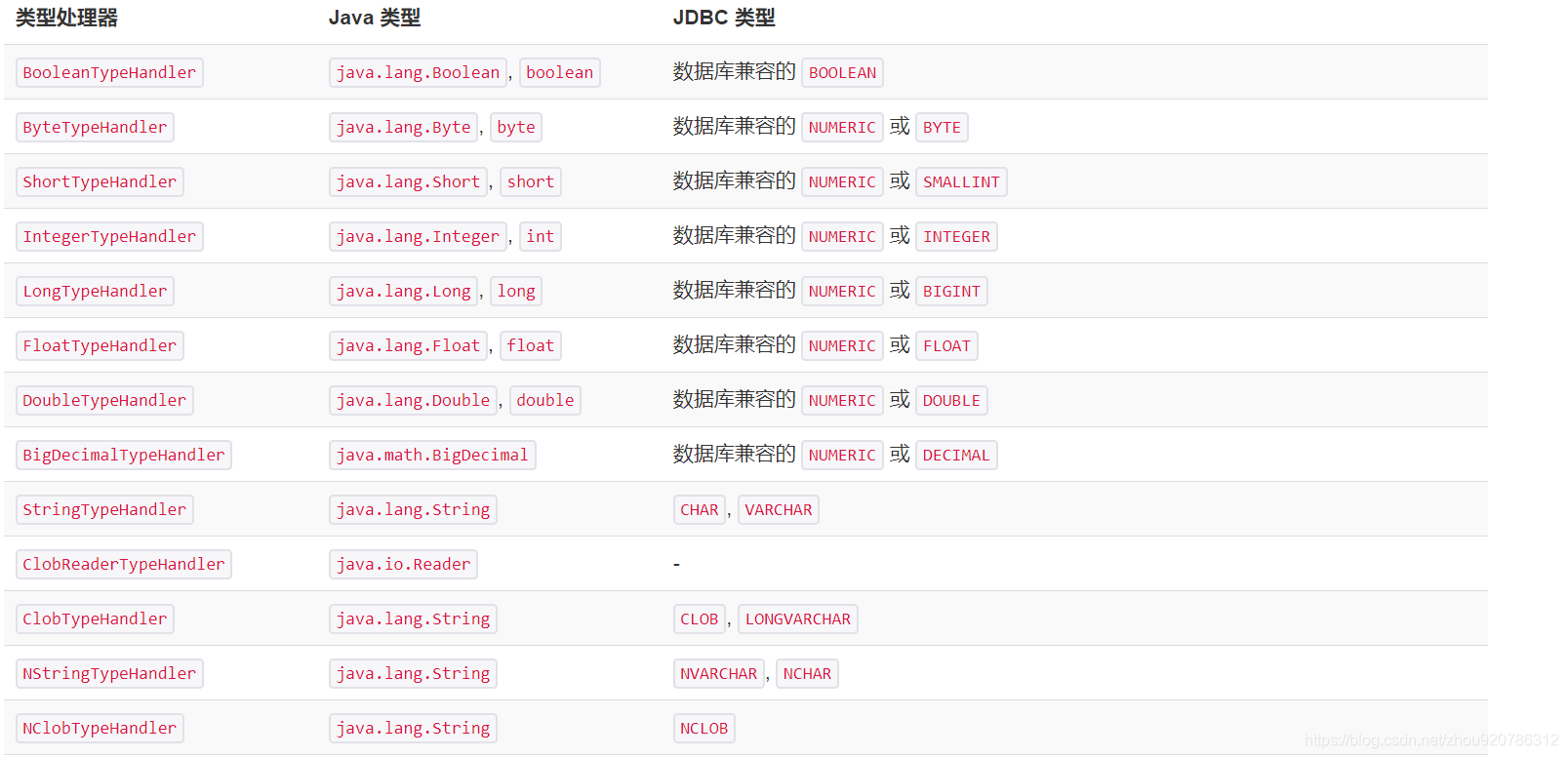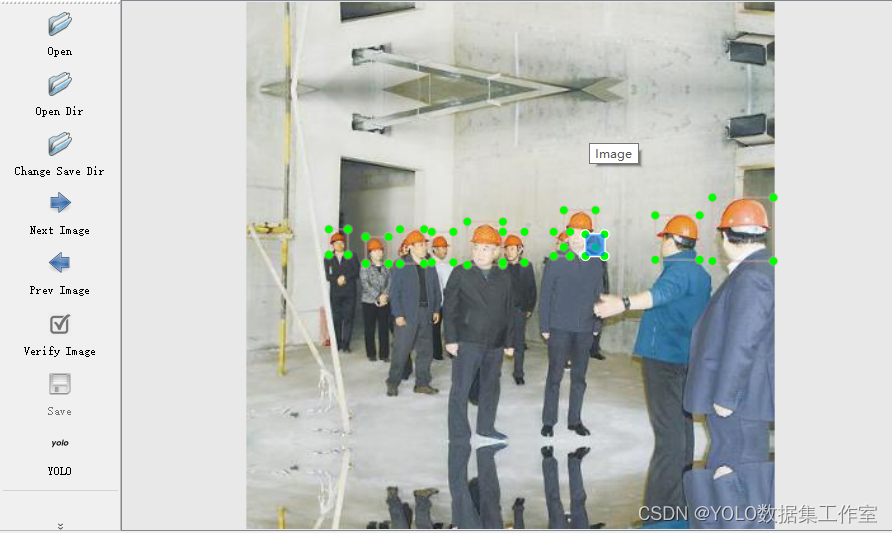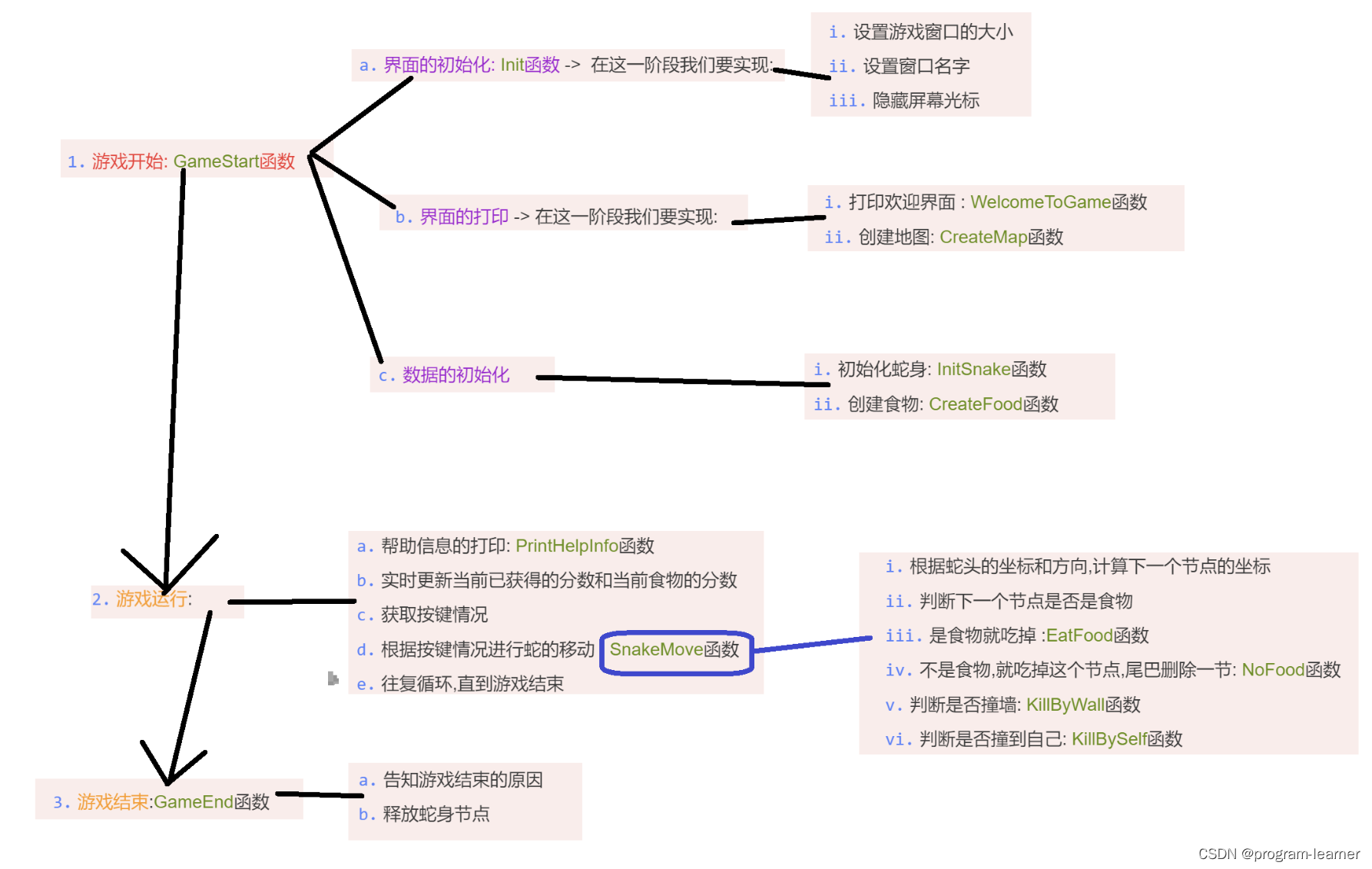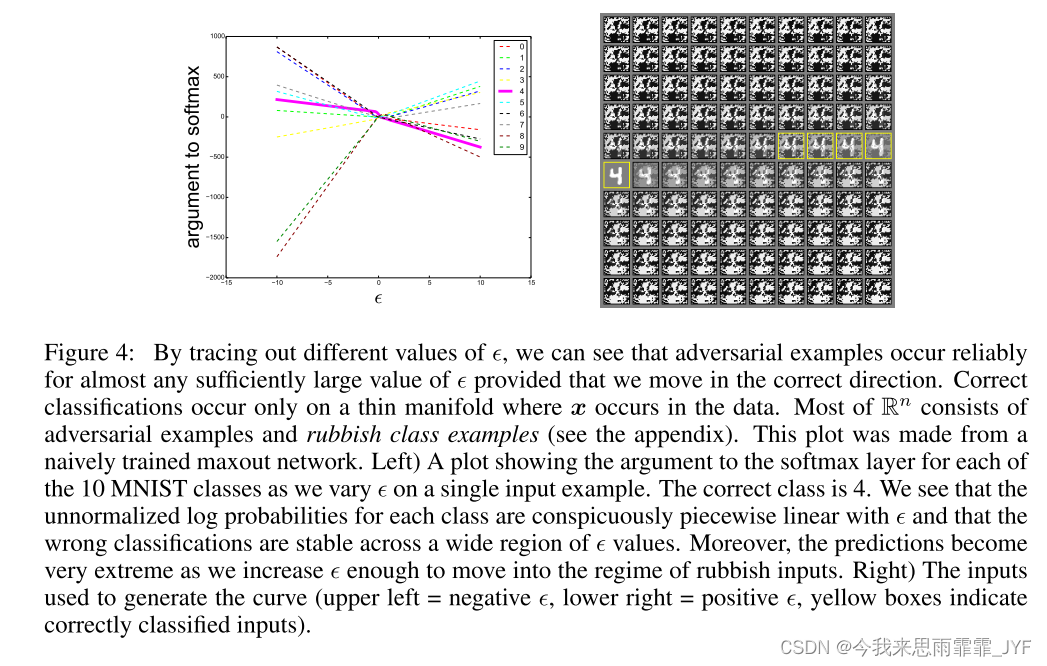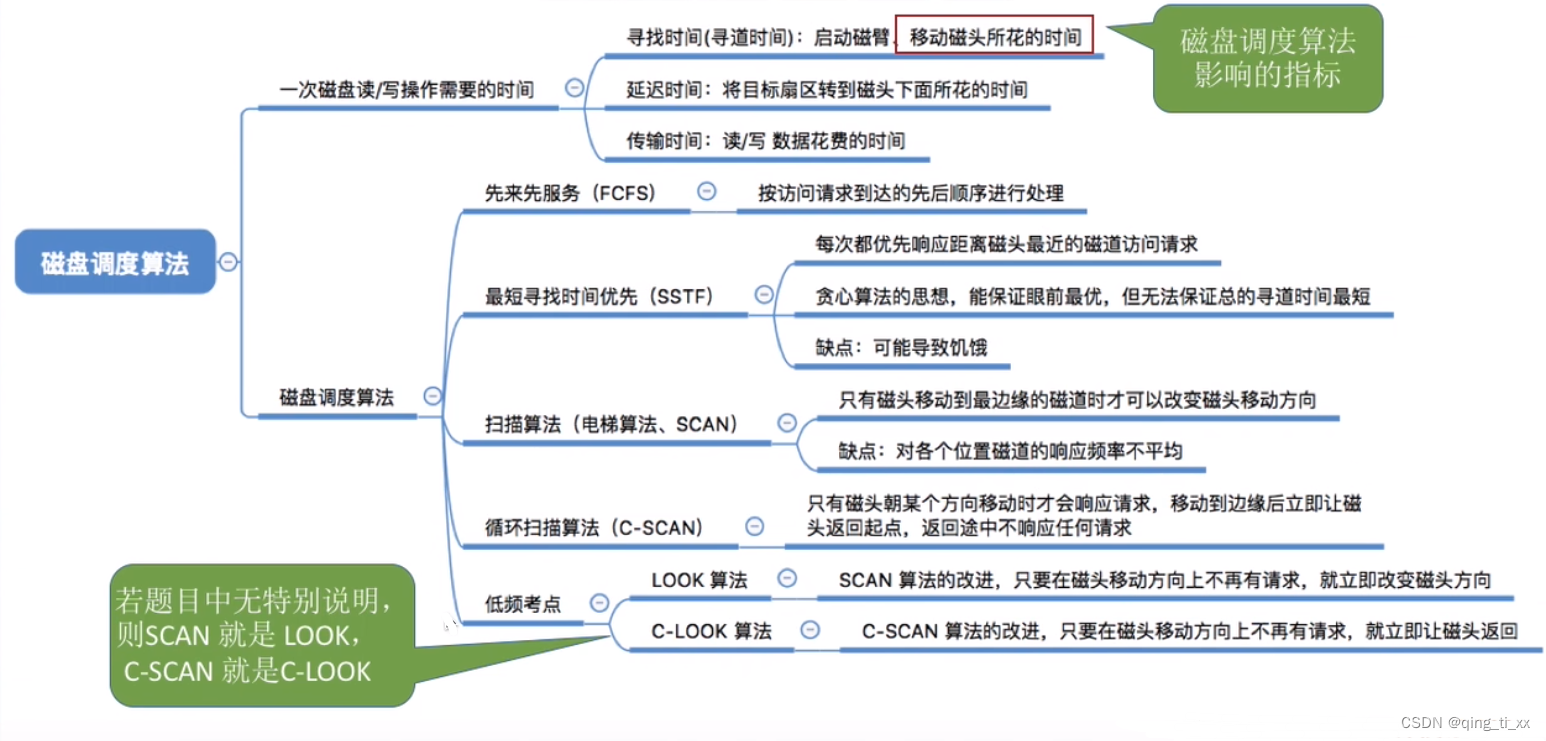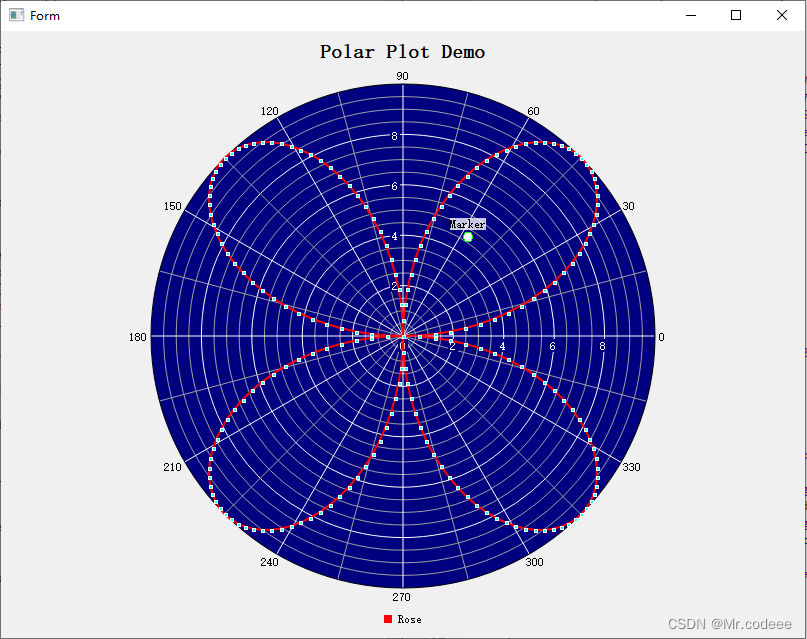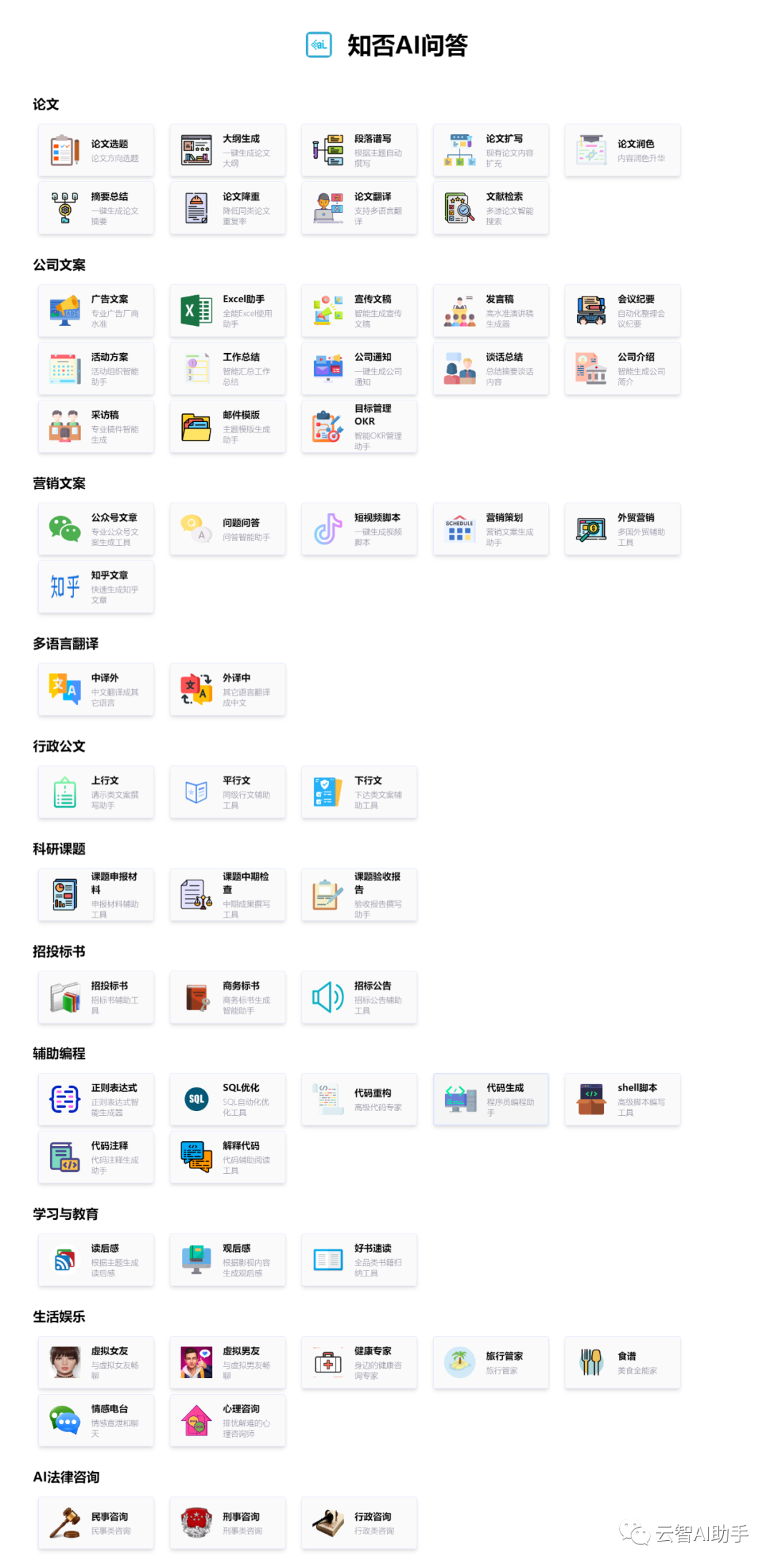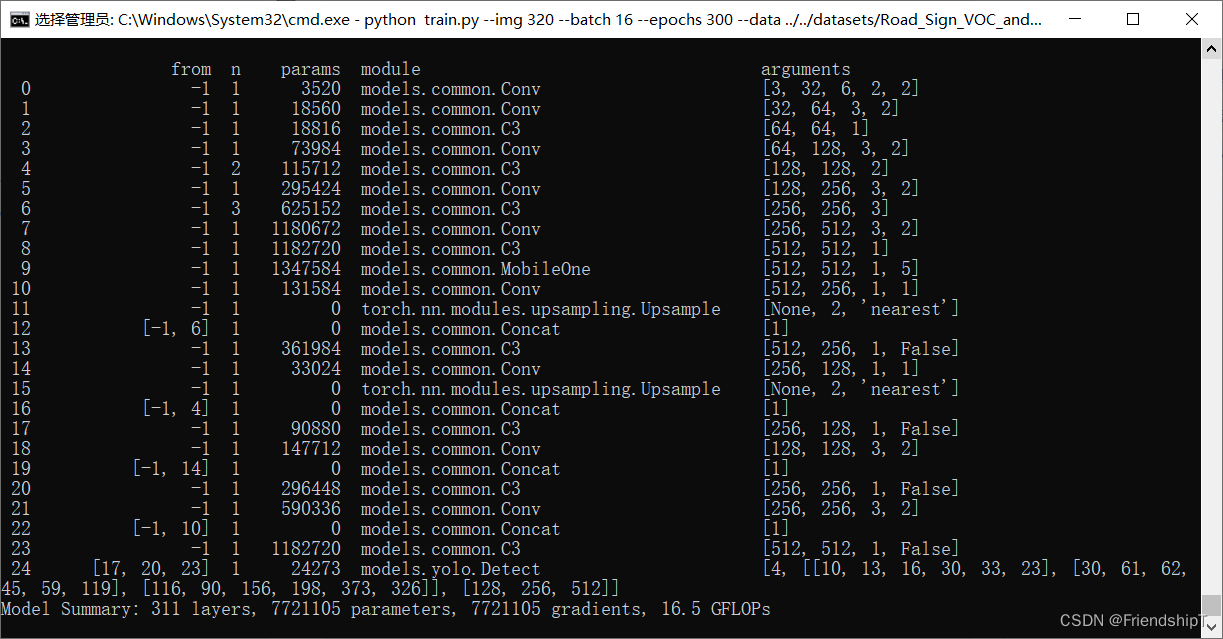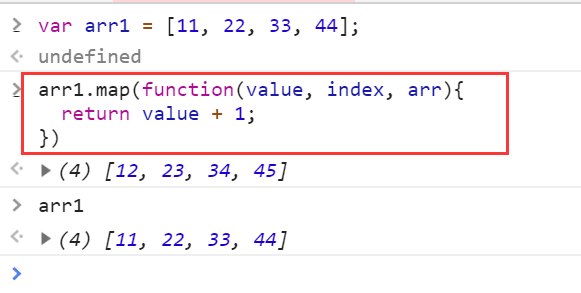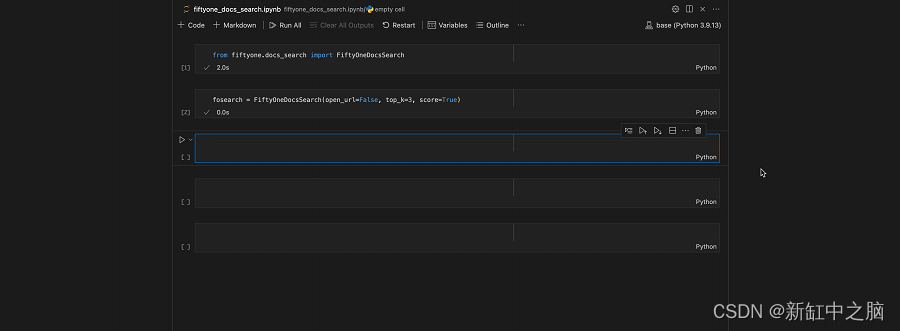目录
创建百度智能云账号
代码部分:
创建百度智能云账号
网址:
百度智能云-云智一体深入产业
点击导航栏中的产品,再选择人脸与人体

再选择人脸搜索

进入后,可以先去领取免费资源,如果不领取,后面是无法调用api的,建议是把所有的免费资源都领取,我是全部都领取了。


然后就是创建应用,按照要求填写就好。

创建成功后,可以在应用列表看到自己创建好的应用。下图用红色方框圈起来的在后续代码中需要填写。

接着我们可以创建我们的可视化人脸库。

按照要求创建即可,下图是我已经创建成功的。
再点进自己创建好的人脸库,创建分组,这里我已经创建好了四个分组,接着就是进入分组,创建用户,添加图片


这一切完成后,就有了自己的人像数据库。
代码部分:
完整代码:
import cv2
from aip import AipFace
from io import BytesIO
import base64
from PIL import Image,ImageDraw, ImageFont
import threading
import numpy as np
import imutils
import time
# 在图像上绘制文本
def cv2ImgAddText(img, text, left, top, textColor=(0, 255, 0), textSize=20):
if (isinstance(img, np.ndarray)): # 判断是否OpenCV图片类型
img = Image.fromarray(cv2.cvtColor(img, cv2.COLOR_BGR2RGB))
# 创建一个可以在给定图像上绘图的对象
draw = ImageDraw.Draw(img)
# 字体的格式
fontStyle = ImageFont.truetype("simsun.ttc", textSize, encoding="utf-8")
# 绘制文本
draw.text((left, top), text, textColor, font=fontStyle)
# 转换回OpenCV格式
return cv2.cvtColor(np.asarray(img), cv2.COLOR_RGB2BGR)
# 将图像格式转换为base64格式
def frame2base64(frame):
img = Image.fromarray(frame) # 将每一帧转为Image
output_buffer = BytesIO() # 创建一个BytesIO
img.save(output_buffer, format='JPEG') # 写入output_buffer
byte_data = output_buffer.getvalue() # 在内存中读取
base64_data = base64.b64encode(byte_data) # 转为BASE64
return base64_data # 转码成功 返回base64编码
def process(image,ls):
""" 调用人脸检测 """
""" 如果有可选参数 """
# 换成自己的百度appid
APP_ID = ''
API_KEY = ''
SECRET_KEY = ''
groupIdList = ''
imageType = 'BASE64'
base64 = frame2base64(image)
base64 = str(base64,'UTF-8')
options = {}
options["max_face_num"] = 10
options["face_type"] = "LIVE"
options["match_threshold"] = 0
#options["liveness_control"] = "NORMAL"
client = AipFace(APP_ID, API_KEY, SECRET_KEY)
""" 如果有可选参数 """
options = {}
options["max_face_num"] = 10
options["match_threshold"] = 0
options["quality_control"] = "LOW"
options["liveness_control"] = "LOW"
options["max_user_num"] = 7
start3 = time.time()
json1 = client.multiSearch(base64, imageType, groupIdList, options)
print("*******:", time.time() - start3)
print("json1:", json1)
if json1['error_msg'] == 'SUCCESS':
face_num = json1['result']['face_num']
for i in range(face_num):
x = max(int(json1['result']['face_list'][i]['location']['left']), 0)
y = max(int(json1['result']['face_list'][i]['location']['top']), 0)
width = int(json1['result']['face_list'][i]['location']['width'])
height = int(json1['result']['face_list'][i]['location']['height'])
cv2.rectangle(image, (x, y), (x + width, y + height), (0, 0, 255), 2)
print("$$$$$$$$$$$$$$$$$$$$$$$$$")
print("json1:", json1)
if json1['result']['face_list'][i]['user_list'][0]['score']>70:
print(json1['result']['face_list'][i]['user_list'][0]['user_id'])
image = cv2ImgAddText(image, json1['result']['face_list'][i]['user_list'][0]['user_id'],
max(x - 20, 0), max(y - 20, 0), (255, 0, 0), 60)
else:
image = cv2ImgAddText(image, "访客",
max(x - 20, 0), max(y - 20, 0), (255, 0, 0), 60)
ls.append(image)
else:
print("************************")
print("没有检测到人脸:", json1)
def main():
# 使用摄像头检测
# video_capture = cv2.VideoCapture(0)
# 使用本地视频文件检测
video_capture = cv2.VideoCapture('test6.mp4')
fps_time =0
f = 0
start = time.time()
while True:
f += 1
ls = []
if f == 30:
print("时间到:", time.time()-start)
break
ret, frame = video_capture.read()
# t = threading.Thread(target=process, args=(frame, ls)) # 使用线程
# t.start()
# t.join()
process(frame, ls)
frame = ls[0] if ls else frame
frame = imutils.resize(frame, width=400)
frame = cv2.putText(frame, '%d, FPS: %f' % (f, 1.0 / (time.time() - fps_time)),
(10, 20), cv2.FONT_HERSHEY_SIMPLEX, 0.5, (0, 255, 0), 1)
fps_time = time.time()
cv2.imshow('wx', frame)
if cv2.waitKey(1) & 0xFF == ord('Q'):
cv2.destroyAllWindows()
video_capture.release()
break
if __name__ == "__main__":
main()后续写了一点 注册,更新人脸数据库的代码:
from aip import AipFace
from PIL import Image
from io import BytesIO
import base64
def frame2base64(image_path):
# img = Image.fromarray(frame) # 将每一帧转为Image
img = Image.open(image_path)
output_buffer = BytesIO() # 创建一个BytesIO
img.save(output_buffer, format='JPEG') # 写入output_buffer
byte_data = output_buffer.getvalue() # 在内存中读取
base64_data = base64.b64encode(byte_data) # 转为BASE64
return base64_data # 转码成功 返回base64编码
def user_register(image,groupId, userId):
""" 你的 APPID AK SK """
APP_ID = ''
API_KEY = ''
SECRET_KEY = ''
client = AipFace(APP_ID, API_KEY, SECRET_KEY)
# 将图片转换为 base64 类型
image = frame2base64(image)
image = str(image, 'UTF-8')
# 图片类型
imageType = "BASE64"
# 分组
groupId = groupId
# 用户id
userId = userId
""" 调用人脸注册 """
json1 = client.addUser(image, imageType, groupId, userId)
while json1['error_msg'] == 'Open api qps request limit reached':
json1 = client.addUser(image, imageType, groupId, userId)
print("jason1:", json1)
# """ 如果有可选参数 """
# options = {}
# options["user_info"] = "user's info"
# options["quality_control"] = "NORMAL"
# options["liveness_control"] = "LOW"
# options["action_type"] = "REPLACE"
#
# """ 带参数调用人脸注册 """
# client.addUser(image, imageType, groupId, userId, options)
def user_update(image, groupId,userId):
""" 你的 APPID AK SK """
APP_ID = ''
API_KEY = ''
SECRET_KEY = ''
client = AipFace(APP_ID, API_KEY, SECRET_KEY)
# 将图片转换为 base64 类型
image = frame2base64(image)
image = str(image, 'UTF-8')
imageType = "BASE64"
# 分组Id
groupId = groupId
# 用户Id
userId = userId
""" 调用人脸更新 """
jason2 = client.updateUser(image, imageType, groupId, userId)
print("jason2:", jason2)
# """ 如果有可选参数 """
# options = {}
# options["user_info"] = "user's info"
# options["quality_control"] = "NORMAL"
# options["liveness_control"] = "LOW"
# options["action_type"] = "REPLACE"
#
# """ 带参数调用人脸更新 """
# client.updateUser(image, imageType, groupId, userId, options)
if __name__ == "__main__":
image = "L1.JPG"
groupId = "group"
userId = "2020"
user_register(image, groupId, userId)百度也提供了 详细的 Python-SDK 供大家学习使用。
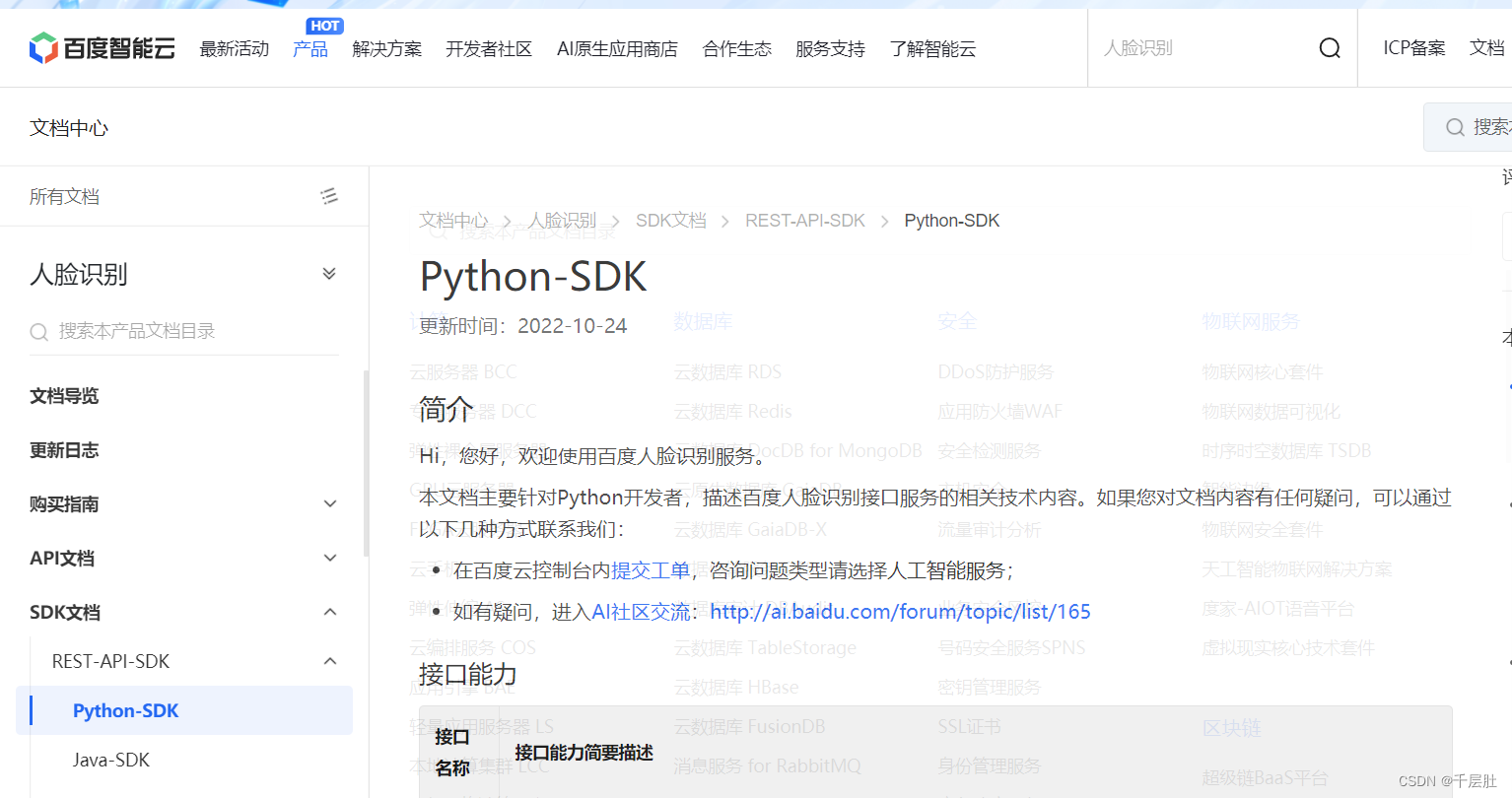
创作不易,求点赞,求收藏!,如有问题欢迎留言。




